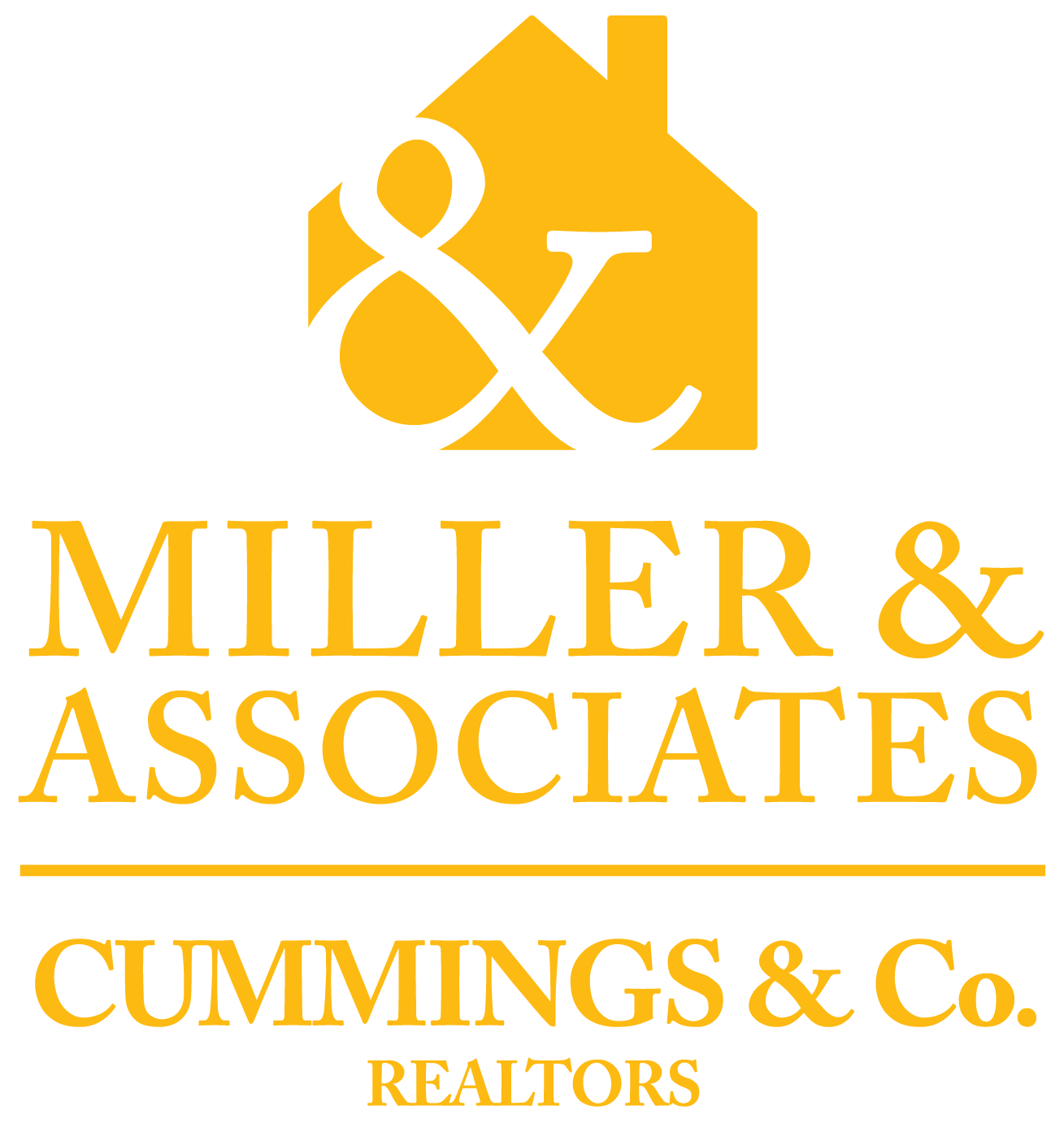In a previous post, I talked about Picking Your Lender. My lender colleagues work hard for your business and more importantly, your trust.
Real Estate 101: The Pre-Approval
Let's be clear: You technically can buy a house without a pre approval from a lender, but that doesn't happen often anymore. A seller may not accept your offer if the you don't show them that you are approved in advance.
And you can look at houses until you're blue in the face, but how do you know exactly what you can afford and what it will actually cost to purchase your home without having a Pre Approval completed?
I ask my buyer clients at the onset of our relationship what is the monthly payment they feel comfortable with. We live in the payment, so that answer is usually "____ dollars per month."
But how does that translate to the sale price of your new home?
Enter, your lender! Assuming you've already picked a lender, and followed the steps to gather together the important info they'll need-- what happens next?
Getting the Pre Approval
1. Authorize your lender to run your credit. Your lender will need to obtain a credit report to make sure you can afford to purchase a home. You'll need a decent credit score to buy, but my lenders will also be able to advise you how to proceed if your credit isn't quite where it needs to be right now.
2. Find out what you can afford based upon your qualifications.Your lender can tell you based upon your debt to income ratio and credit score, together with the interest rate, taxes, insurance, MI (mortgage insurance) if applicable, HOA/Condo Fees what the max you can spend per month. This does not mean you have to spend it all, because after all, you have to feel comfortable with the payment. But it will tell you exactly how you can get there. You may be surprised what the answer is!
For instance, past clients of mine had convinced themselves they were in a specific price range because of an internet mortgage calculator. They thought they could only afford a fixer upper- a home that was going to eventually need tens of thousands in upgrades and updates to make the way they wanted it. But, after speaking with their lender and him running the numbers, they realized they were able to afford so much more- for nearly the same payment as the internet calculator said!
3. Talk with your lender about what you feel comfortable spending. You are the one signing the check every month. You have to be okay with the amount of that payment per month, nobody else. Your lender will run different scenarios based upon your income and credit scores and the info you provide to them, and give you detailed estimates of what you should expect to spend. You will discuss how much cash you have saved and how much of it you want to put down on your purchase.
4. Determine the Loan Program that works best for YOU.Your lender will also tell you what mortgage program you qualify for. There are lots of different programs, but the most popular are FHA, VA, USDA, and Conventional mortgages, and each will have its own stipulations, restrictions, and specifics. Although I am amiliar with the basics of these programs, your lender is the authority on the specifics and will know what you qualify for. Different lenders also have access to different programs. Not all will do every type of loan, and some specialize in certain types like FHA or USDA or home improvement loans. My lenders have a variety of loan programs to fit the needs of any and every type of buyer.
5. Get Your Pre-Approval Letter.The Pre-App should state the type of program (FHA/VA/Conventional, etc), the purchase price, the interest rate, that your credit was verified, and any other stipulations to your mortgage approval, like the sale of your existing home. That Pre App letter will go with an offer you may write in the future. Generally speaking, these are good for about 30-60 days, but it is always best to have it updated before you and I write the offer on your dream home. Yet another reason why working with a local lender is so important!
6. Review your estimated closing costs with your Real Estate agent.Your lender will provide you with an unofficial estimate sheet that will tell you the purchase price, the loan amount, the interest rate, down payment, and estimate your closing costs. This isn't the official estimate that you receive upon application for the mortgage (That is the Good Faith Estimate, or GFE, and a different blog subject entirely), but it is a good idea of what you should expect to spend to purchase your new home. Knowing what your estimated closing costs are will help decide the terms of the offer. I will confirm these details with your lender and make sure that we are working the numbers to YOUR best advantage.
Once you have all the pieces in place, the next step is finding your home, but that is a subject for another blog...
Until next time,
Steve

